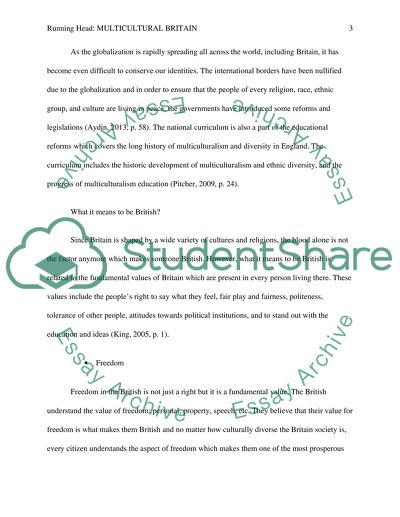Cite this document
(“Issues in Multicultural Britain Essay Example | Topics and Well Written Essays - 3500 words - 1”, n.d.)
Retrieved from https://studentshare.org/education/1644129-issues-in-multicultural-britain
Retrieved from https://studentshare.org/education/1644129-issues-in-multicultural-britain
(Issues in Multicultural Britain Essay Example | Topics and Well Written Essays - 3500 Words - 1)
https://studentshare.org/education/1644129-issues-in-multicultural-britain.
https://studentshare.org/education/1644129-issues-in-multicultural-britain.
“Issues in Multicultural Britain Essay Example | Topics and Well Written Essays - 3500 Words - 1”, n.d. https://studentshare.org/education/1644129-issues-in-multicultural-britain.


